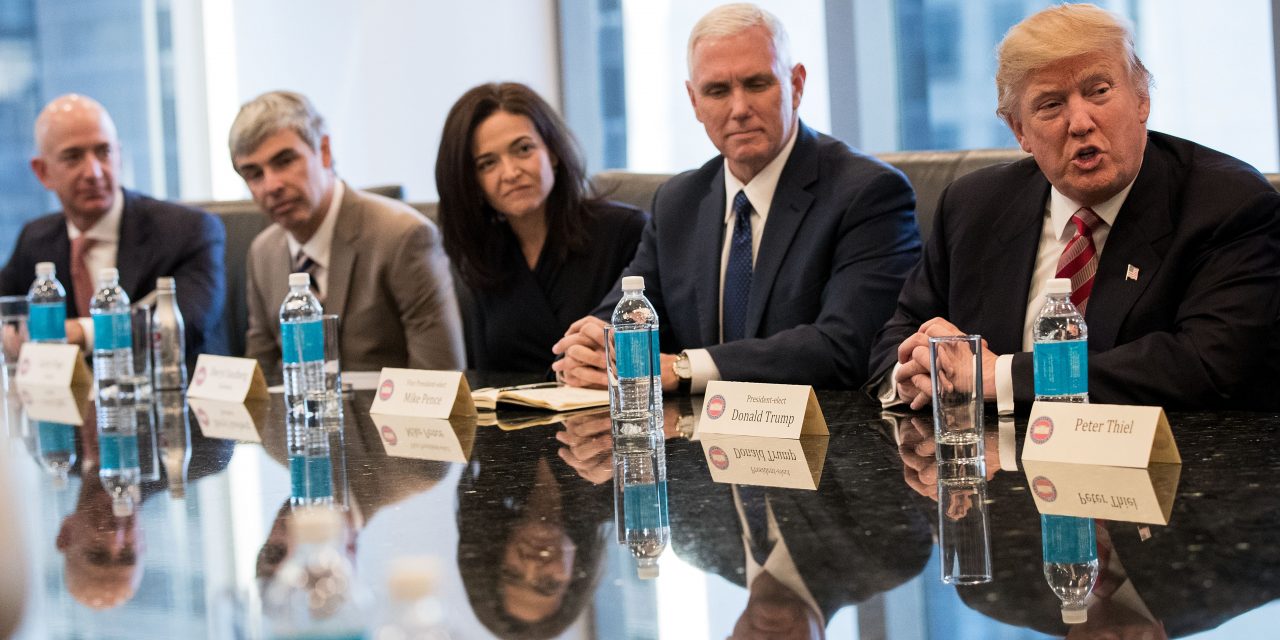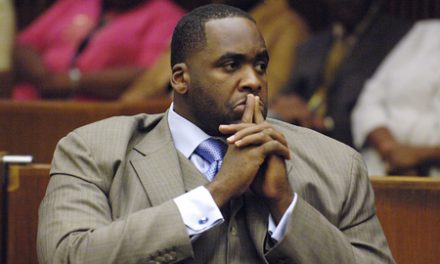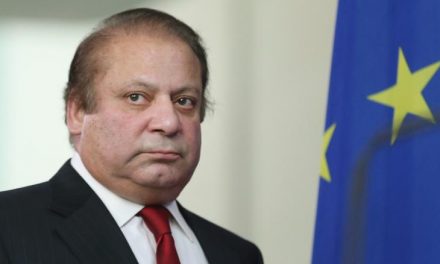28 January 2018
Since Senate released the lobbying expenditure, pertaining to 2017, the media was abuzz with the news that technology companies had increased their spending on lobbying. Google, the biggest spender, paid over $ 18 on lobbying efforts in Wessington. Facebook spent $11.5 million, Amazon $12.8 million, Microsoft $8.5 million, and Apple $7 million.
Some articles even hinted of corruption. Lobbying was on several issues pertinent to technology industry, including advertising regulations, cybersecurity, free trade and immigration.
Facebook has been criticized for allowing Russian-linked interests to use its platform to reach voters in the U.S. The company has acknowledged that 10 million Americans saw advertisements linked to Russia. Facebook co-operated with the Congressional investigators and handed them over the details. Similarly, Youtube found Russia-linked advertisements on its media. So, these companies spent more dollars to explain their business models. Amazon lobbied on tax reform, immigration and specifically its acquisition of Whole Foods. Amazon is now considered a technology company although it is also in grocery business.
Facebook lobbied largely on online advertising, fight against “fake news”, Deferred Action for Childhood Arrivals (DACA), net neutrality and tax policy. Apple spent on lobbying over medical applications, driverless cars and action on climate change.
The increasing expenditure is indicative of the tenser relationship the technology companies have with Washington under Trump than what they had under Obama. Amazon has become so huge that it may become necessary for the government to impose some regulation over its affairs. Other technology companies also have become huge that these regulations might apply to them as well. These companies are also facing scrutiny in the European Union on antitrust issues. Last year Google was fined $ 3 billion by the European Union. These companied would want US government to back them up in their fight in Europe.
The lobbying by the technology companies is relatively small compared with the traditional lobbing by industrial groups. The 2017 expenditure on lobbying by the top 5 industries is as follows:
Industry Total
Pharmaceuticals/Health Products $277,784,999
Insurance $160,235,585
Electronics Mfg & Equip $144,761,270
Business Associations $136,520,141
Oil & Gas $125,333,216
It is clear that the spending by the technology industry is small compared to spending by other industries. Besides, the lobbying by the technology industry does not affect the life of individuals as pharmaceutical and oil and gas industries would. The above pattern has remained consistent over the past couple of years.
Lobbying is paid advocacy generally by special interests seeking favour in law making bodies such as the United States Congress. It has been around since the early days of the Republic. Lobbying is protected by the right to petition in the First Amendment. It is considered as freedom of speech under the Constitution and is perfectly legal.
While lobbying has generally been marked by controversy, various decisions by the Supreme Court have upheld these freedoms over the course of two centuries. Even though some states attempted passing legislation against lobbying over the last two centuries, they failed because of the Supreme Court’s stand on the issue. Courts held that corporations had the same rights as individuals to lobby for what they want. As a result, the legality of lobbying took “strong and early root” in the new republic.
Similarly, Super Pacs are also considered legal. Lobbying is aimed at lawmakers who are experts capable of evaluating considerations and taking decisions. Whereas, Super Pacs’ actions are aimed at simple minded voters who cannot weigh issues like law makers. Lobbying is less harmful than Super Pacs’ actions.
Photo above shows : Left to right: Amazon CEO Jeff Bezos, Alphabet CEO Larry Page, Facebook COO Sheryl Sandberg and Vice President-elect Mike Pence listen as President-elect Donald Trump speaks during a meeting of technology executives at Trump Tower, Dec. 14, 2016.
Read more: Saudi Arabia: More released from captivity in Ritz-Carlton hotel, Riyadh
Saudi Arabia: Crackdown on corruption or consolidation of power?















